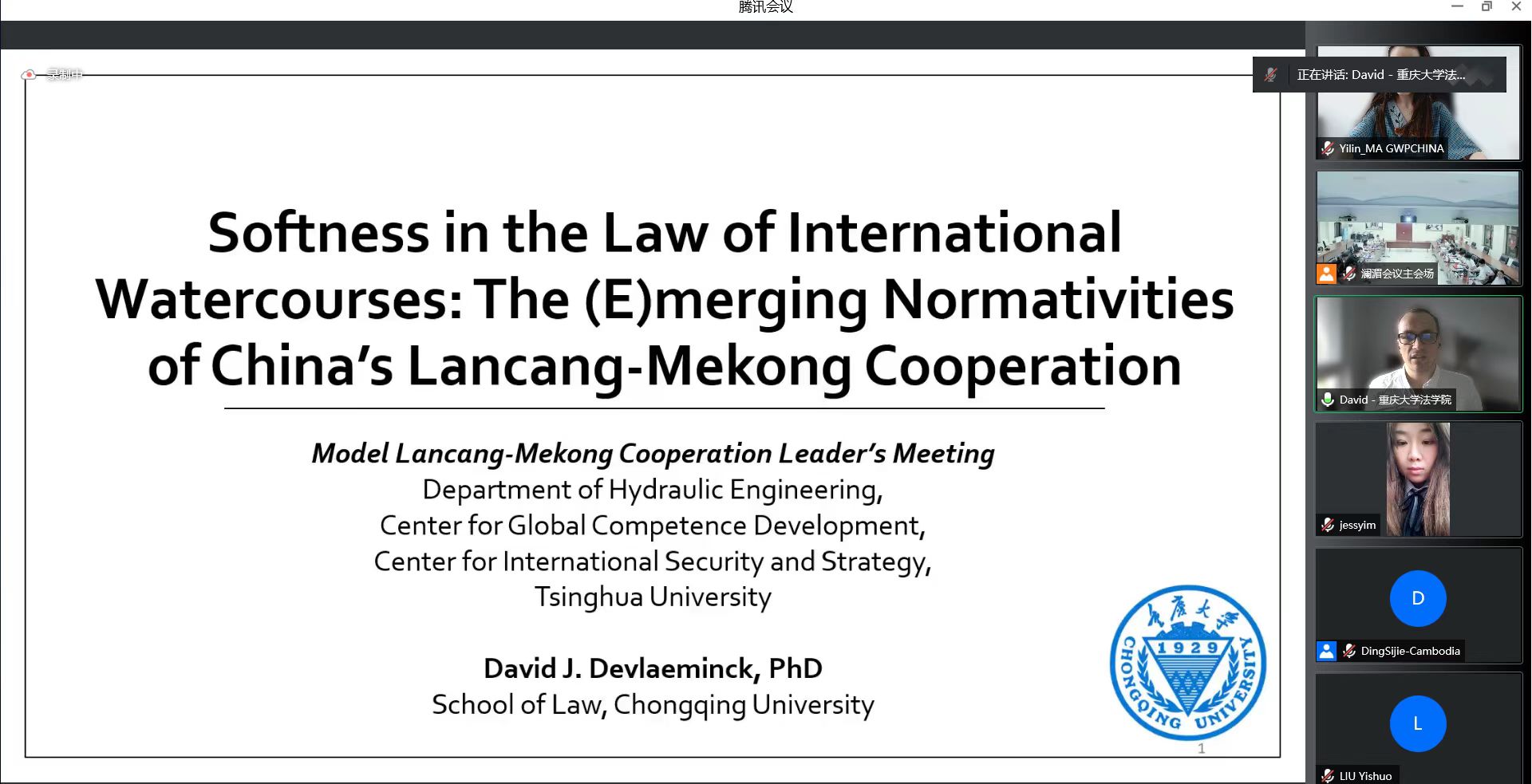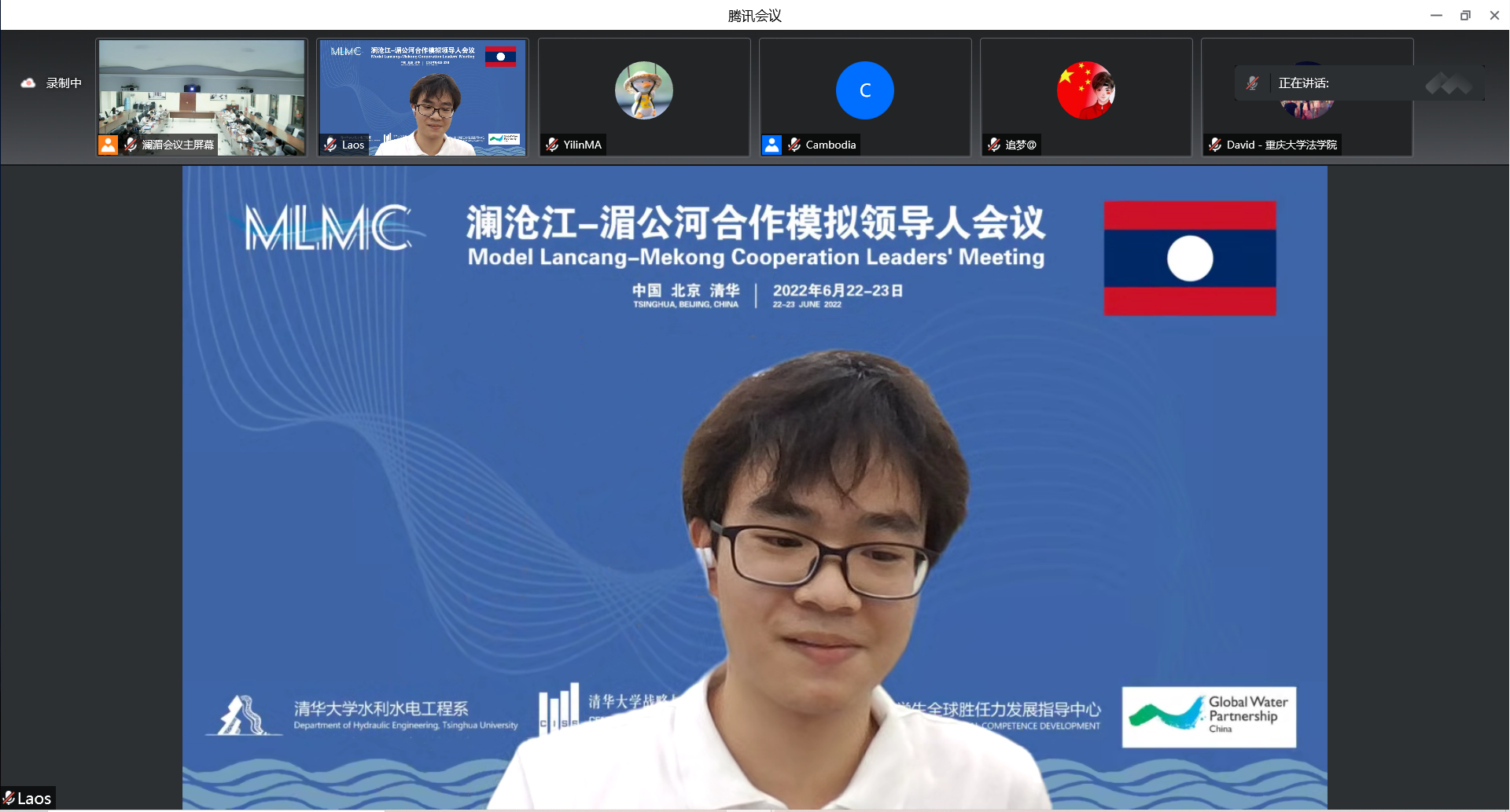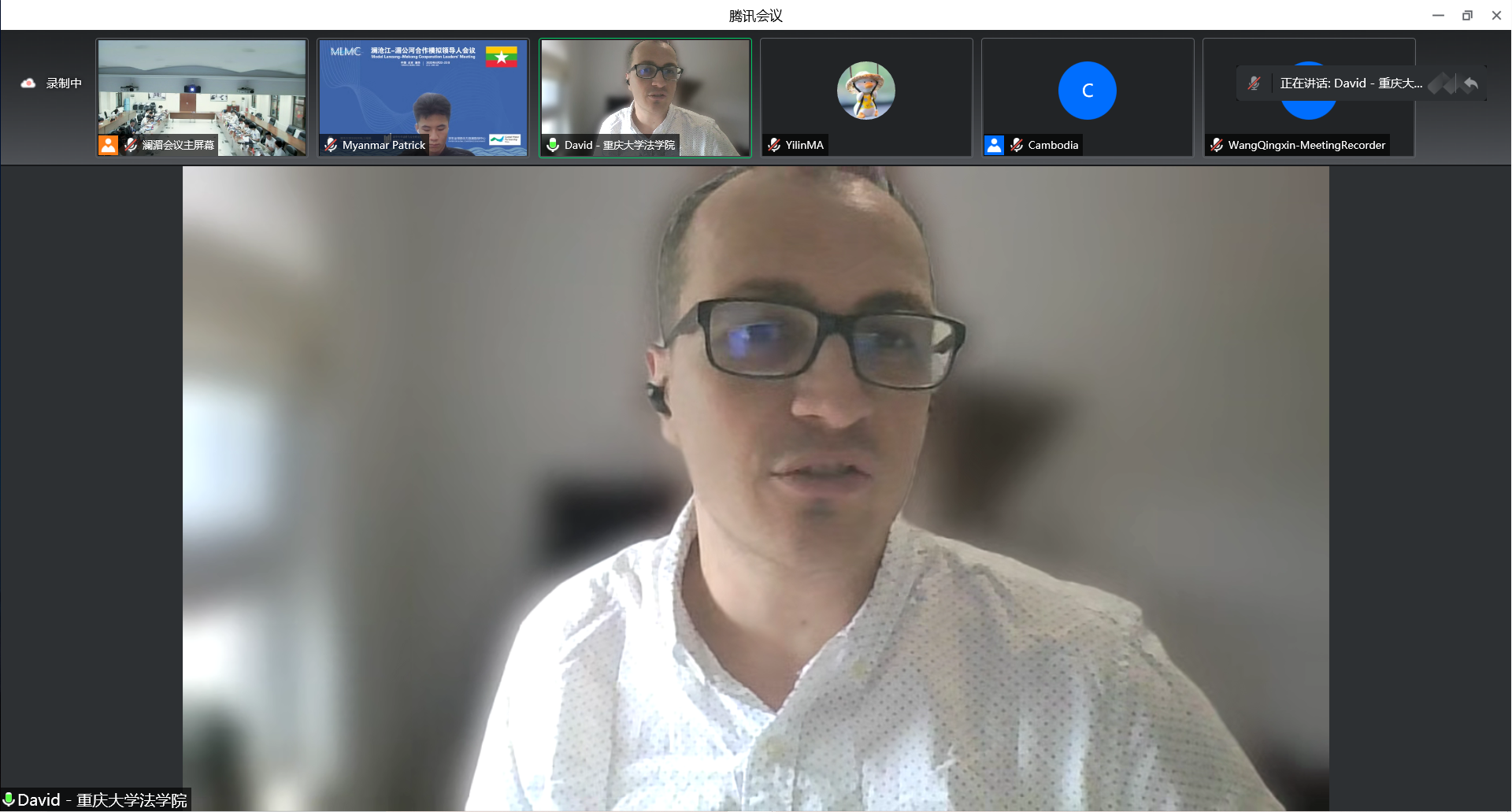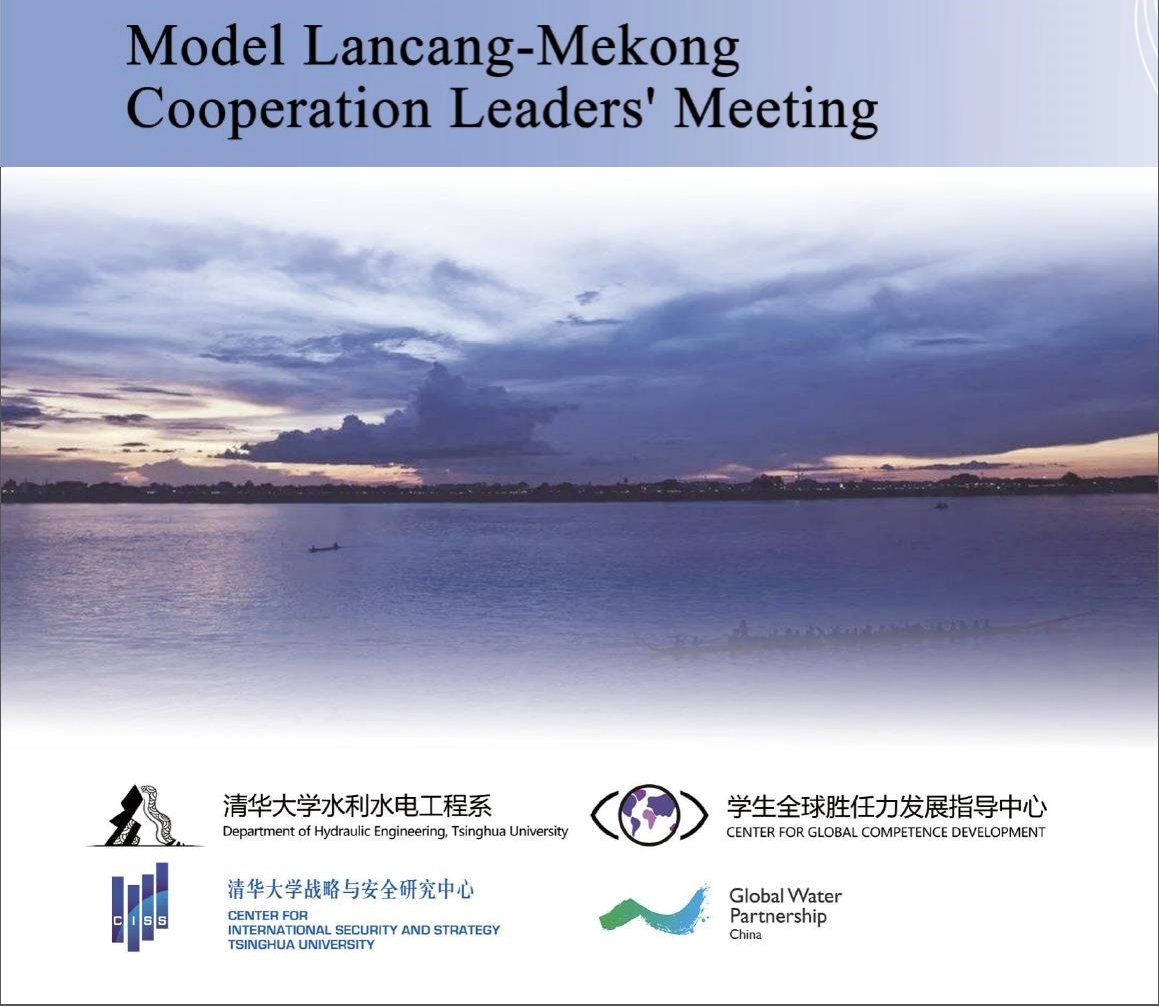On 'junior heads', the transboundary water cooperation can make water resources systems more efficient and benefit riparian stakeholders. However, in a basin with upstream and downstream stakeholders that have different interests, noncooperative outcomes have often been observed. In the Lancang–Mekong River basin, state members have dynamics of cooperation that serves a common emergent response in transboundary coupled human–water systems.

Students raised that downstream relies on the Mekong River for fisheries, agriculture, navigation and ecological services, while upstream countries have been constructing dams to generate hydropower. Dam construction and operation in upstream countries have changed the seasonality of streamflow in downstream countries, affecting their economic benefits. Rapid economic development and population growth in the Lancang-Mekong River Basin makes it imperative for water resources to be used fairly and efficiently among all stakeholders. Lancang-Mekong River brings physical connection and opportunities to the six countries along the river, along with great challenges.

In Negotiation
Six teams in mock session under 'water resources cooperation vision' played river basin countries to discuss various themes, incl. 'Dam Construction and Disaster Prevention', 'Agriculture and Ecology' and 'Economic and Cultural Cooperation'. The side-event for each topic included 6 elements: position statement, guests' inputs, consultation, huddle, feedback and wrap-up. All members achieved 'a final joint declaration' as the output of the session. The invited powers and specialists scored on their performance. The jury nominated remarkable individuals and the best group after negotiations.

Coach David J. Devlaeminck
As the mock tutor, David said, "It is an important exercise for the students to practice their diplomacy skills on this vital issue, and hopefully this will spark greater interest in transboundary water resources. " After receiving his PhD in international law at Xiamen University, David started his professional journey in the School of Law, Chongqing University, where he conducts teaching and research on international environmental law, with a specific focus on the law of international watercourses and China's transboundary waters.
Recalling the first Model LMC Leaders' Negotiations, he told his counterpart, Prof. Rui WANG of Tsinghua University, "This is an incredibly important topic for China and its neighbours, and more young people are certainly needed in the field to move cooperation forward in the long term. Hope that this event may be just the starting point for the students and staff at Tsinghua!"
For the 1st Model LMC Meeting
